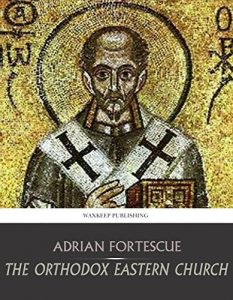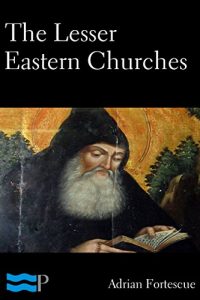Pyrrhus Press specializes in bringing books long out of date back to life, allowing today’s readers access to yesterday’s treasures.
This is a history that looks at some of the earliest Greek Fathers of the Church in the centuries after Christ. From the preface:
“WHAT is a Father? The word is used in various senses. Bishops are our Fathers in God, and the Chief Bishop is called, as by a special title, the Holy Father. The name is also given correctly to priests who are members of religious orders and sometimes, incorrectly, to priests who are not. The members of a general Council are the "Fathers'' of Nicaea, of Ephesus, of Trent. And then by common consent rather than by any formal rule we speak of certain famous Christian writers as the Fathers of the Church.
For anyone to be called a Father involves these four conditions. First, he must be an Author, whose works are still extant. The fathers are important because they are quoted as authorities in theology. Obviously, then, they are all people who wrote works that we can quote. St Antony the Hermit, St Lawrence, St Sebastian are not fathers because they have left no writings. Secondly, he must be a Catholic, who lived in the communion of the Church, whose writings are correct and orthodox. Otherwise the writer's authority is of no value as a witness of the Catholic faith. Apollinaris of Laodicea († c. 390) and Tertullian († 240) were learned and prolific authors; but they are not fathers because they were heretics. Thirdly, a father is a person of eminent sanctity as well as learning. The title is an honourable one given only to saints, or rather it includes and involves the title of saint.”
The Greek Fathers (English Edition)
Sobre
Talvez você seja redirecionado para outro site








